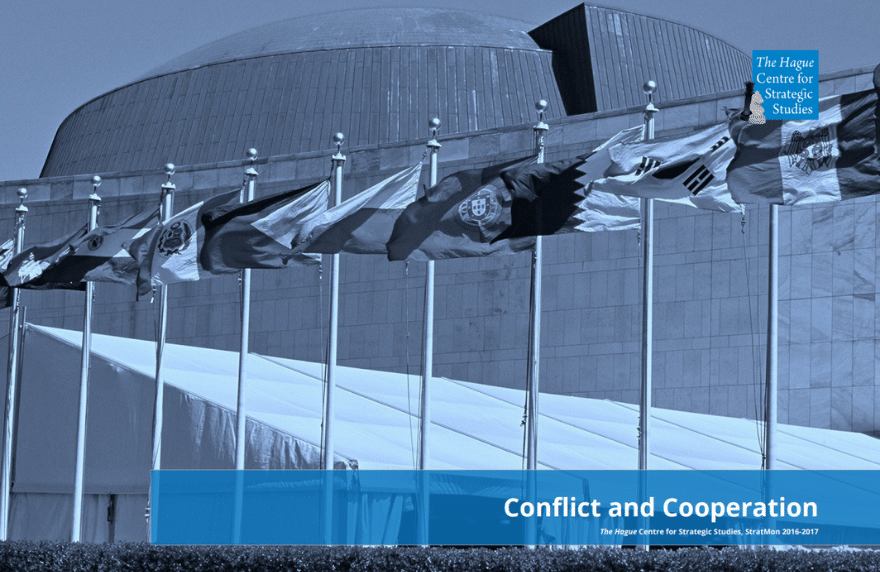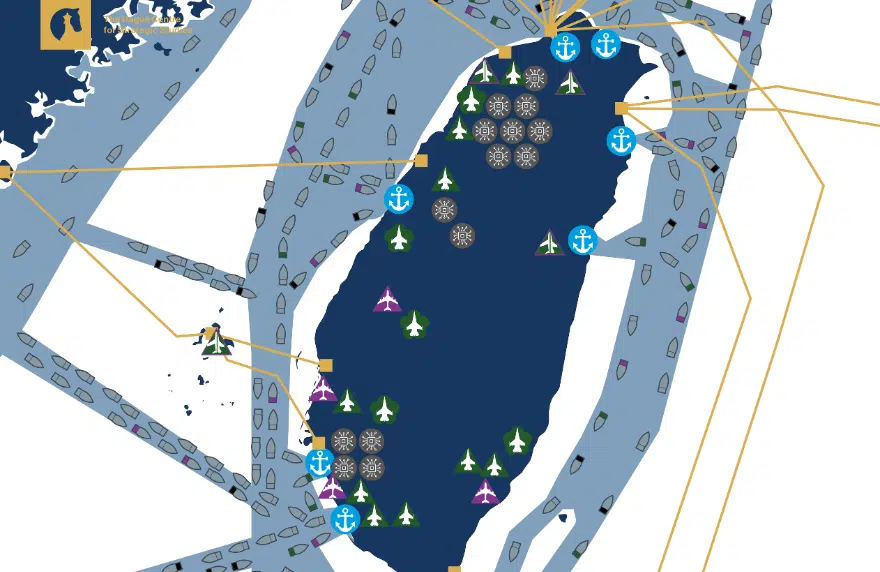Research
HCSS has tracked overall trends in global cooperation and conflict as part of its contribution to the Strategic Monitor of the Dutch government. Our study takes into consideration two overarching questions: “Will state or non-state actors be most dominant in the future world?” and “Will whoever becomes most dominant be more cooperative, or more conflictual?”
Our approach to this ‘monitoring’ effort aspires to collate and curate a systematic empirical evidence base that allows all relevant stakeholders – analysts, military planners, policy-makers, but also interested companies, NGOs, citizens, etc. – to get a better grip on these fundamental international trends. With the advent of (open-source) event datasets, this has become more possible than ever.
This year we updated our findings using data from three different sources and have uncovered a number of different trends. How can we leverage big data to inform policymakers on complex geopolitical trends in our new uncertain era? What are the world’s most cooperative countries? Where in the world can we find the highest concentrations of conflictual behavior? What is the Netherlands’ position in the ebb and flow of international communications?
This study is part of the 2016-2017 HCSS StratMon.






